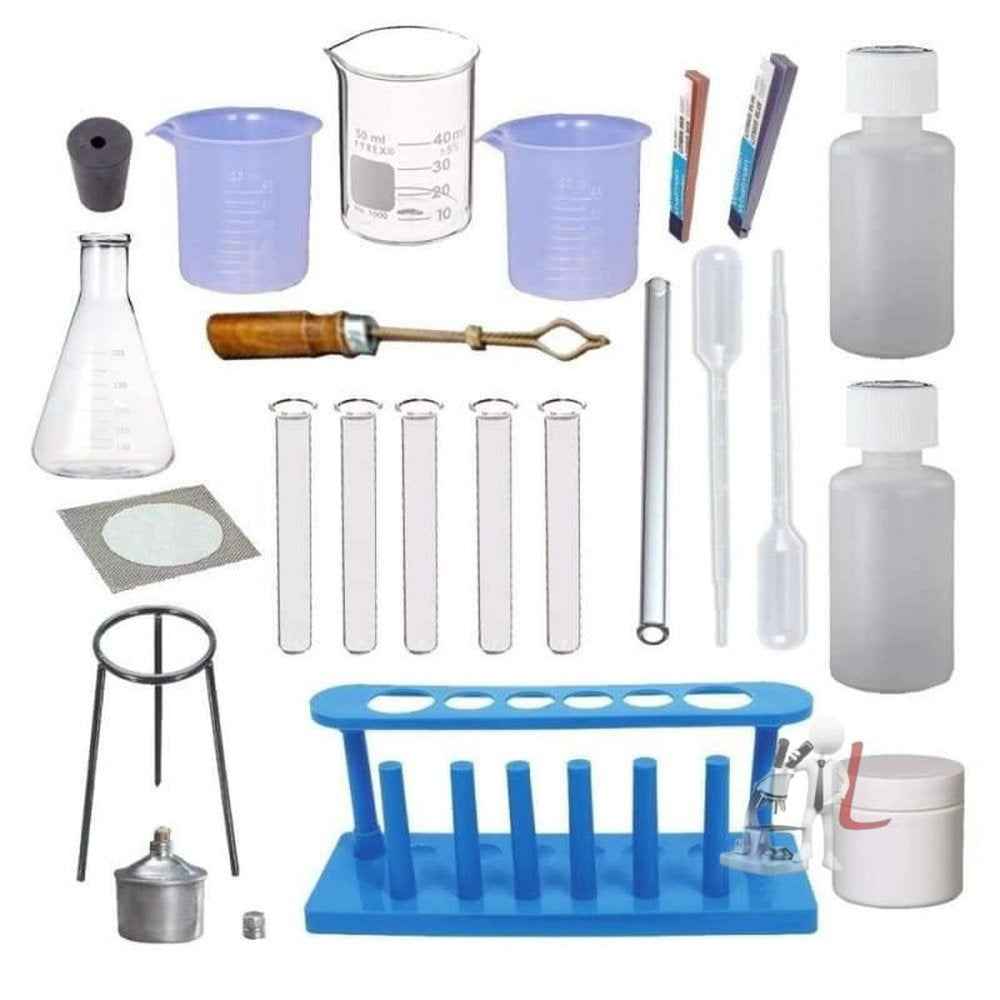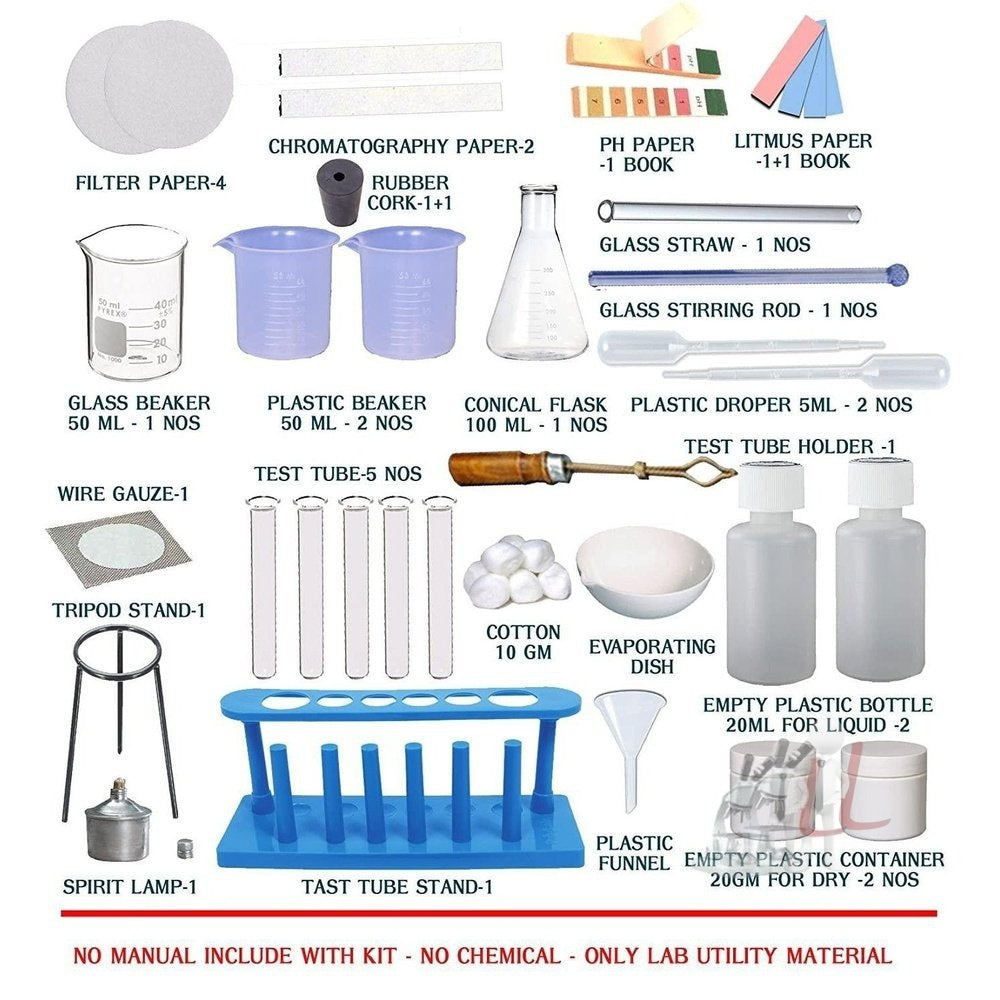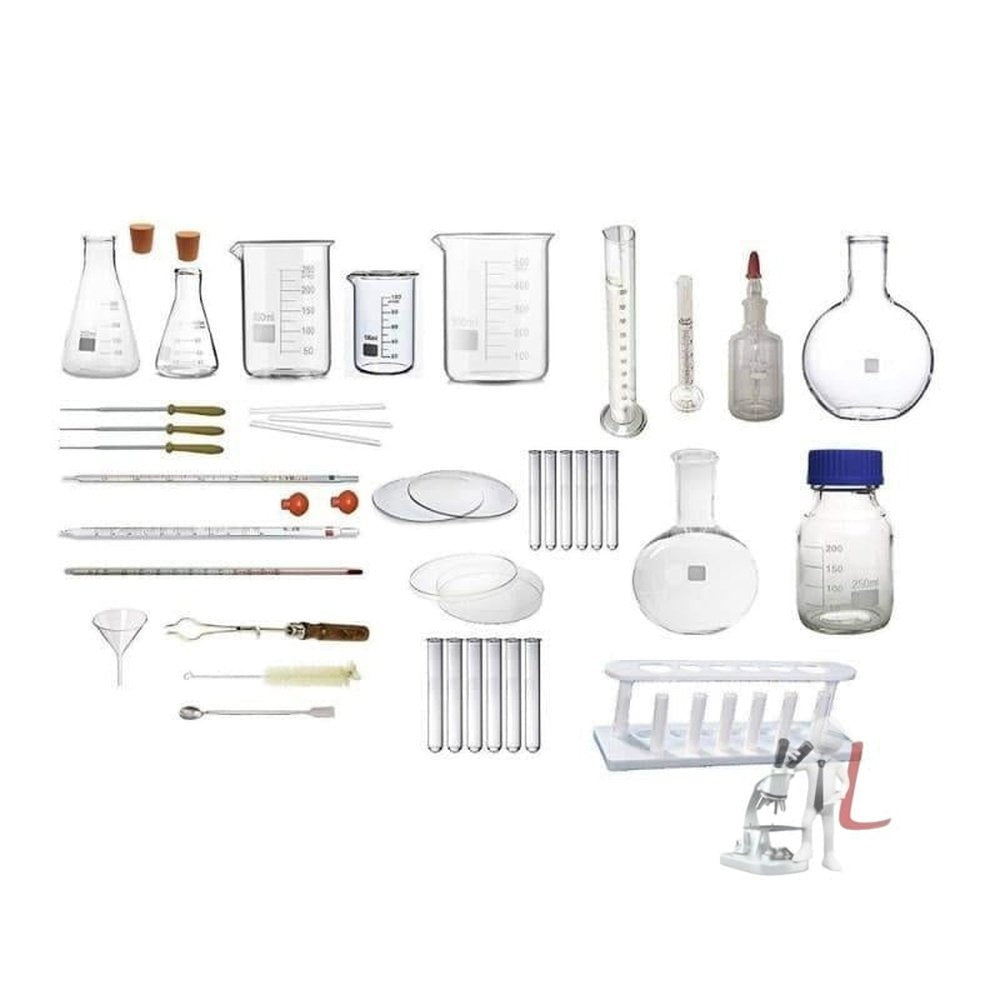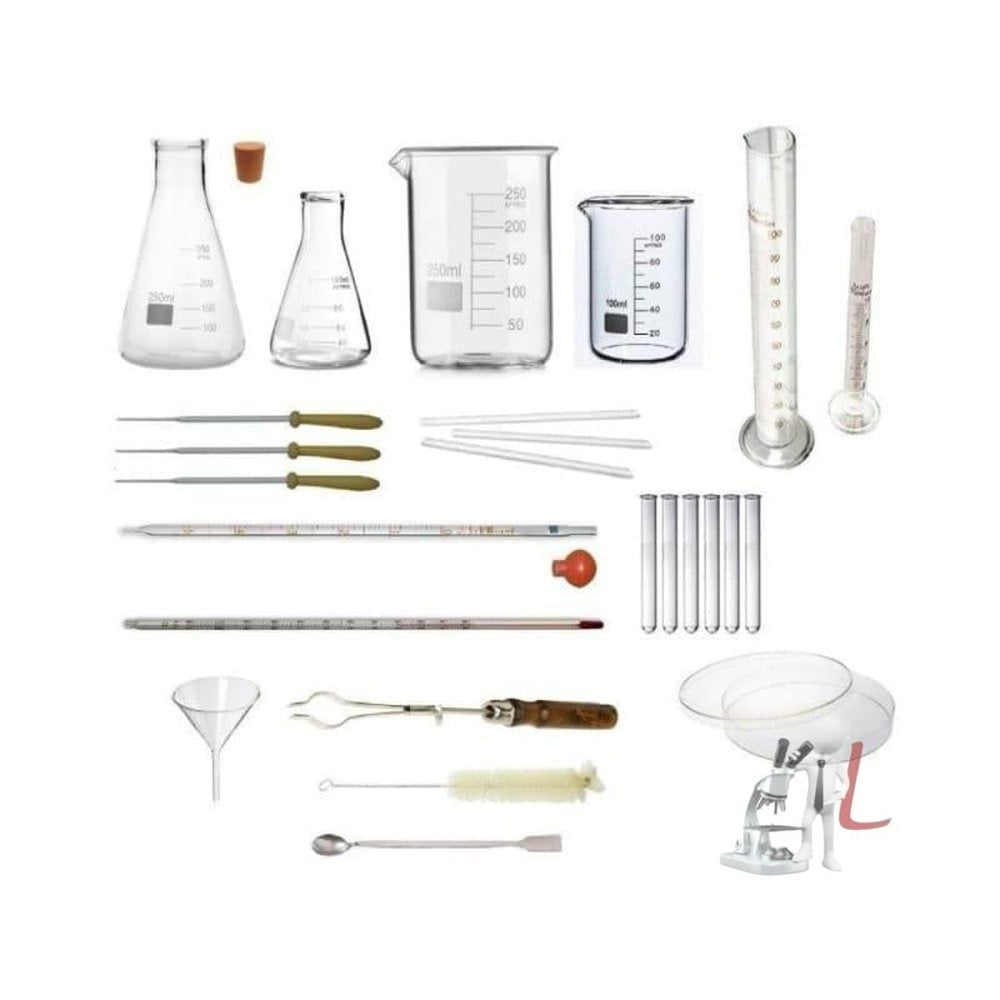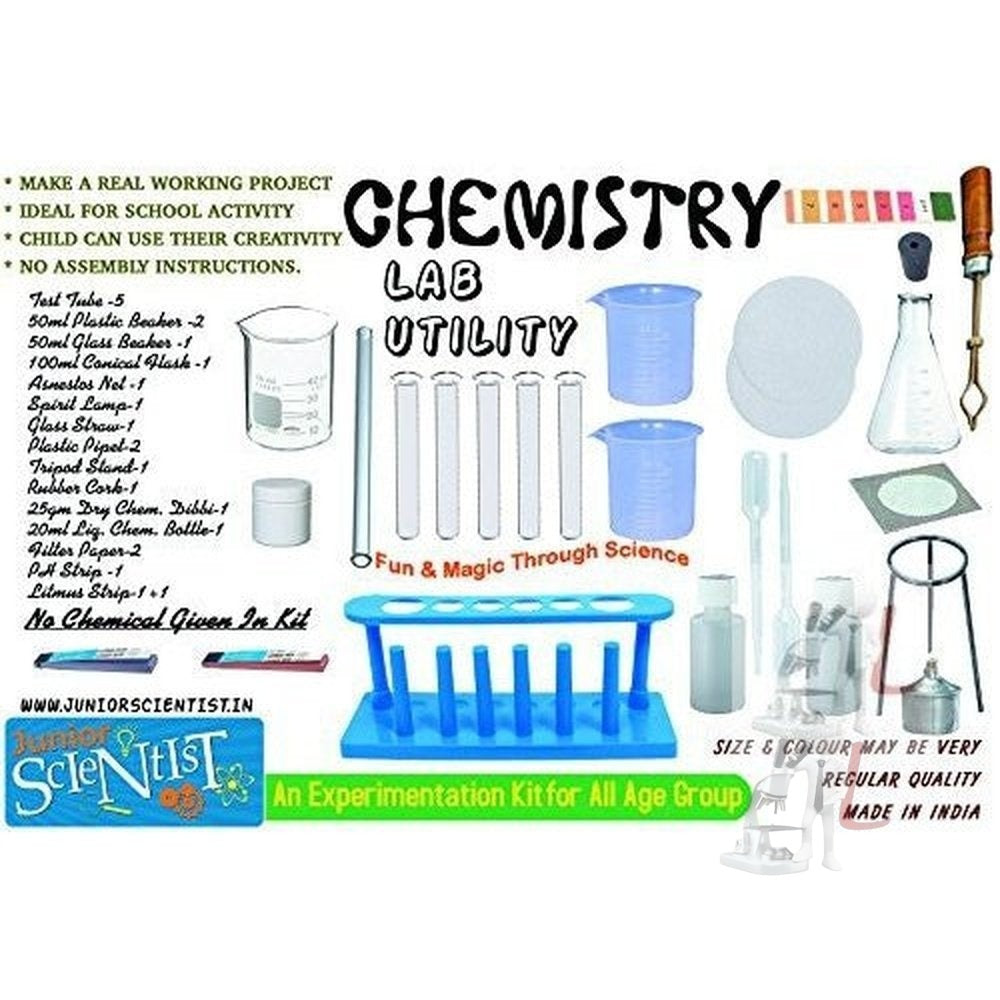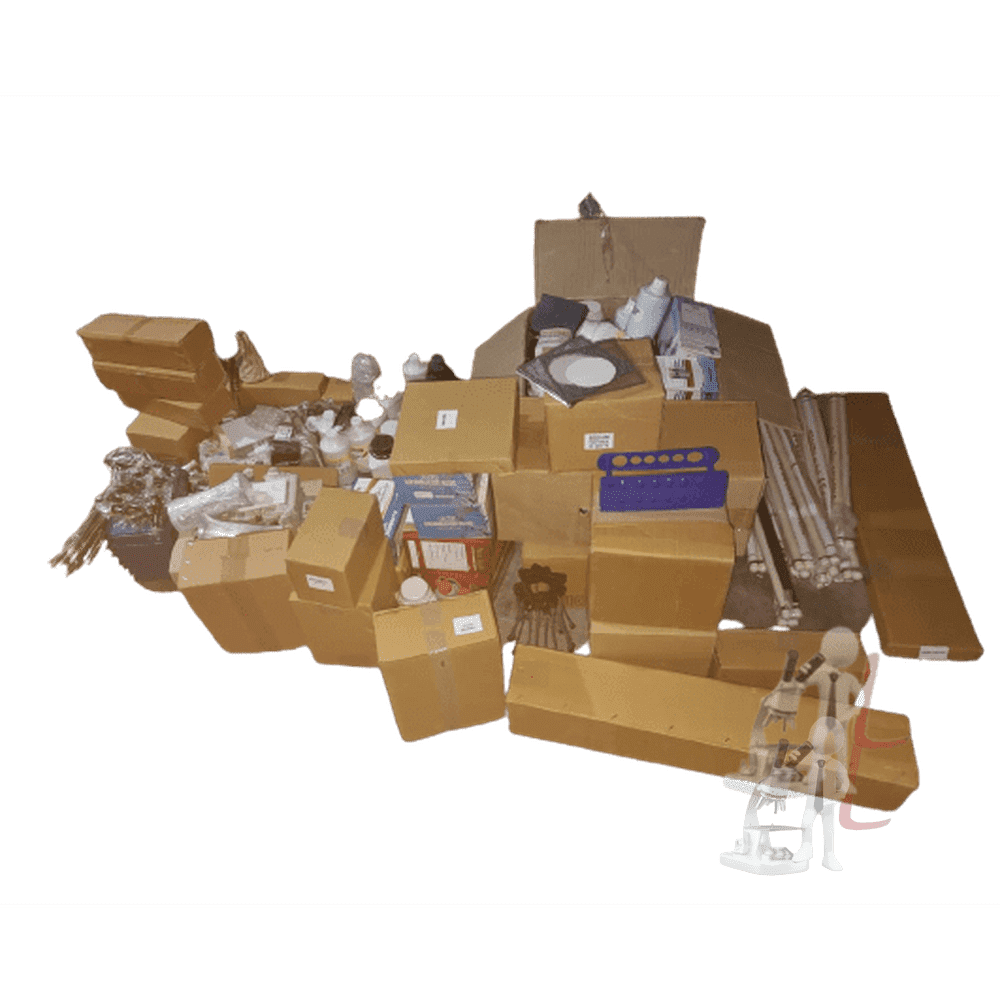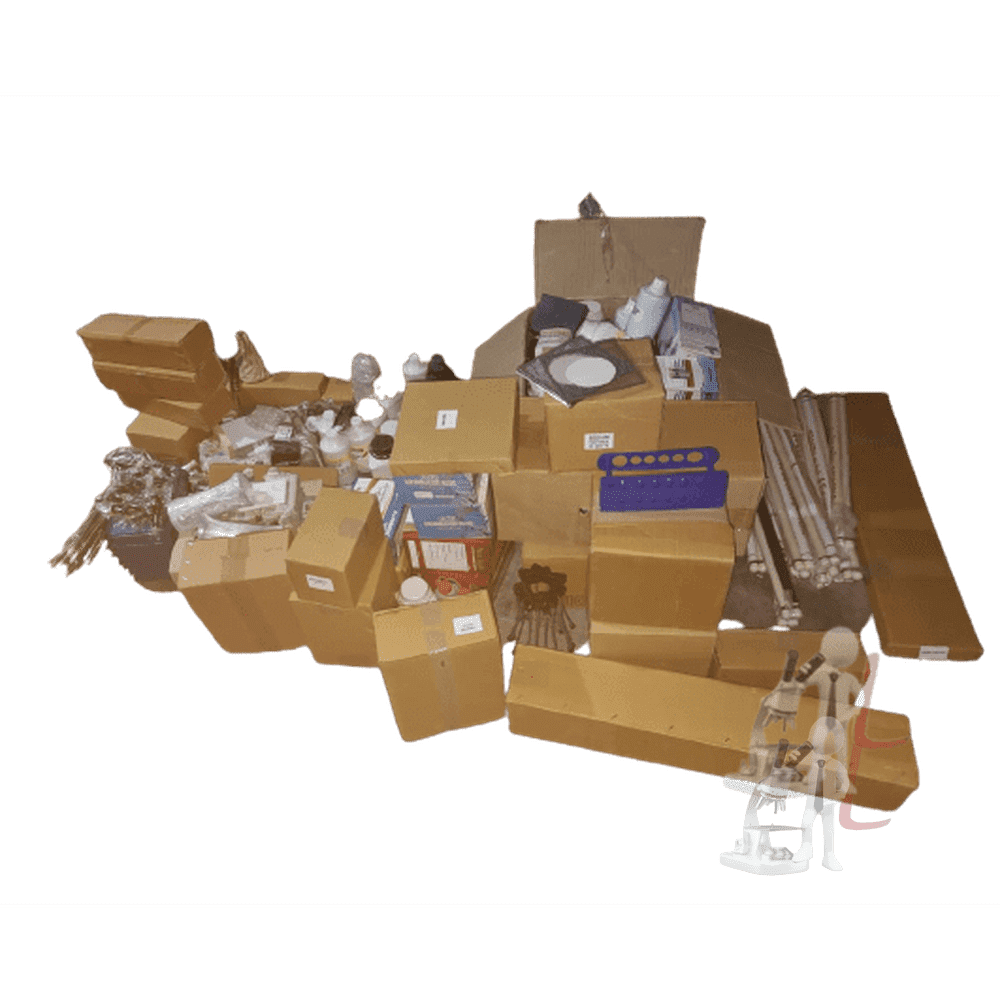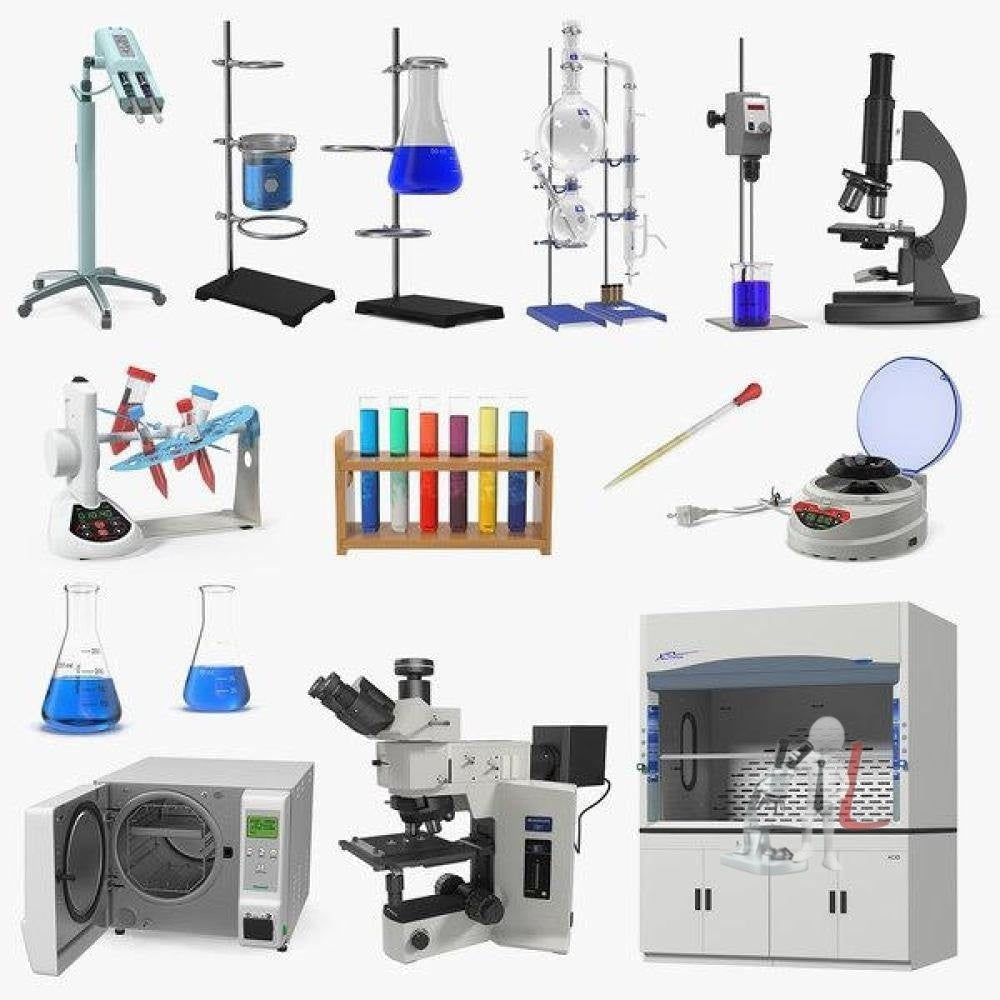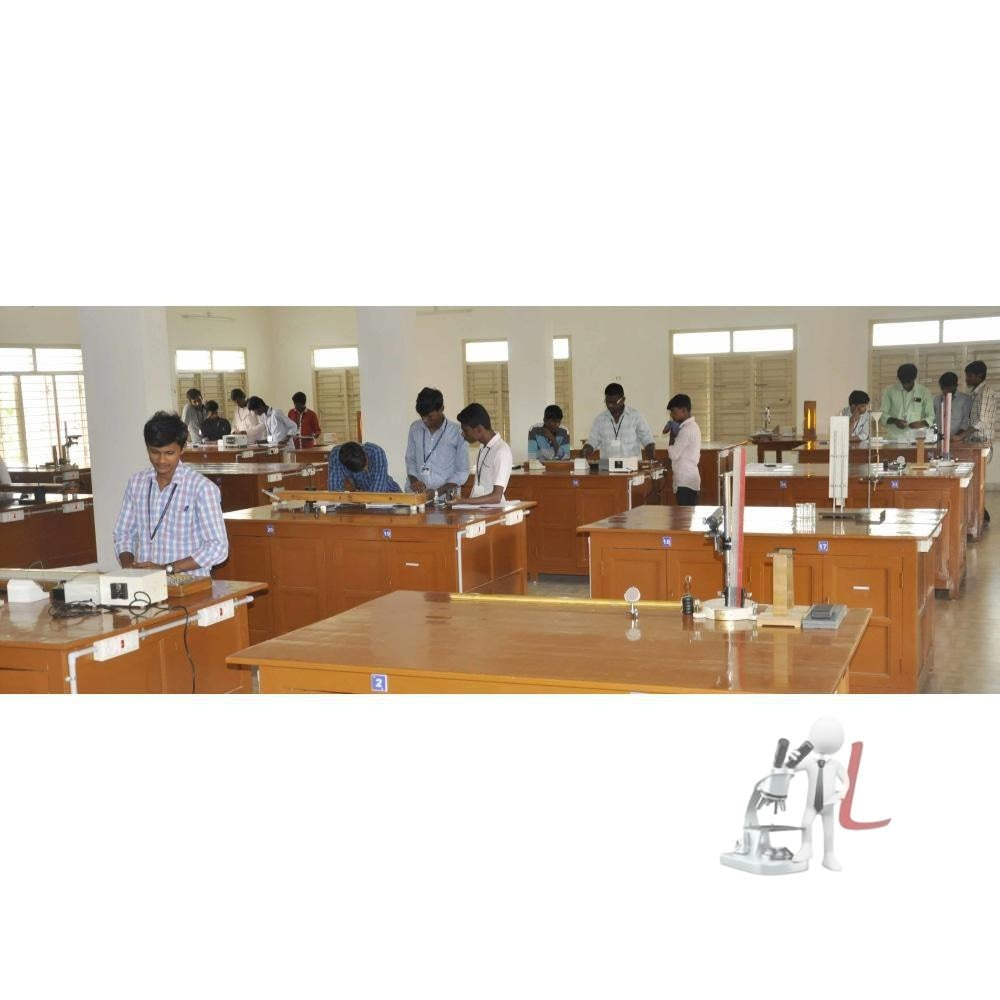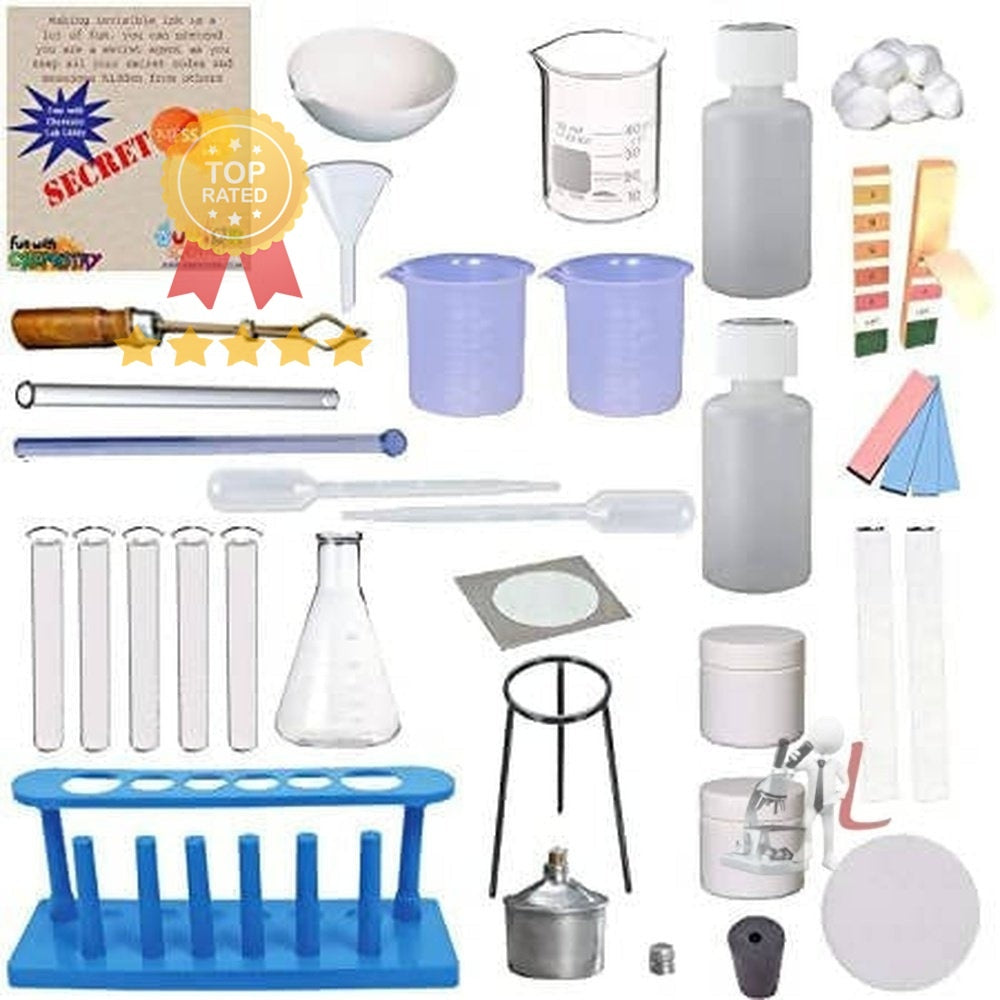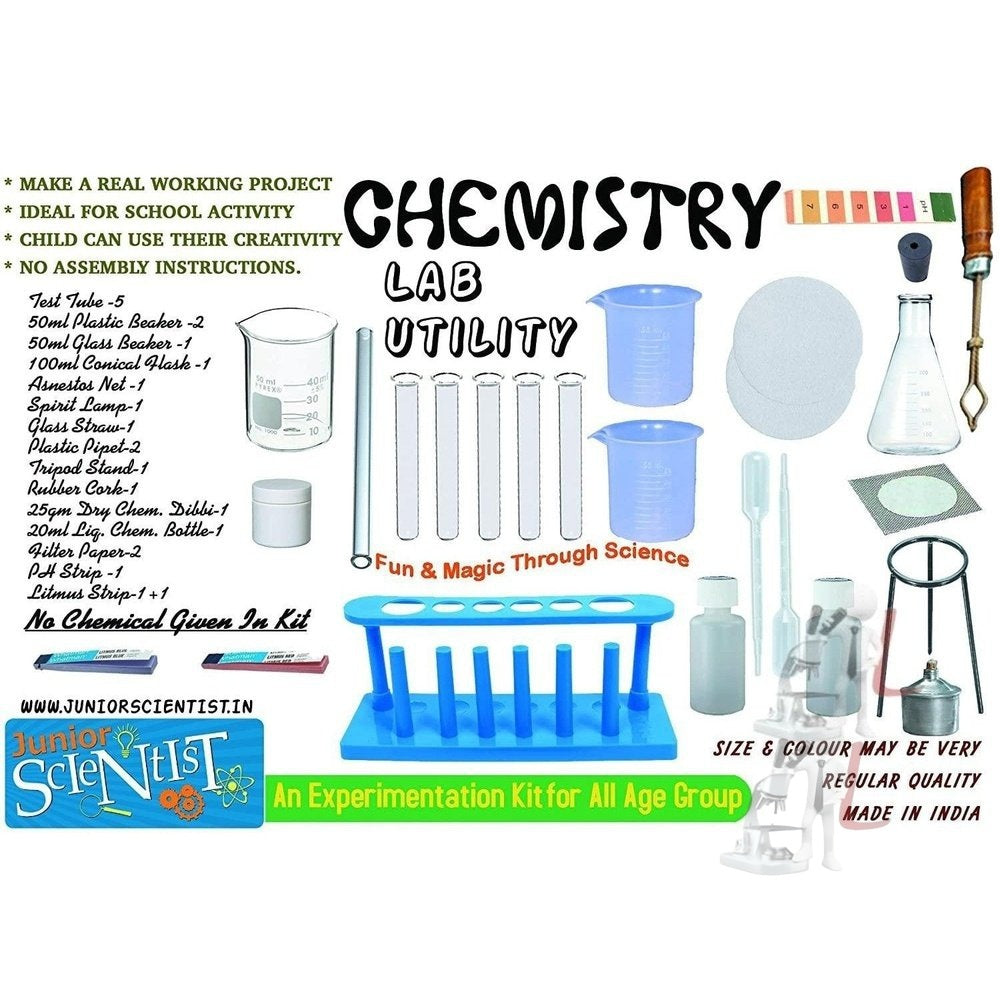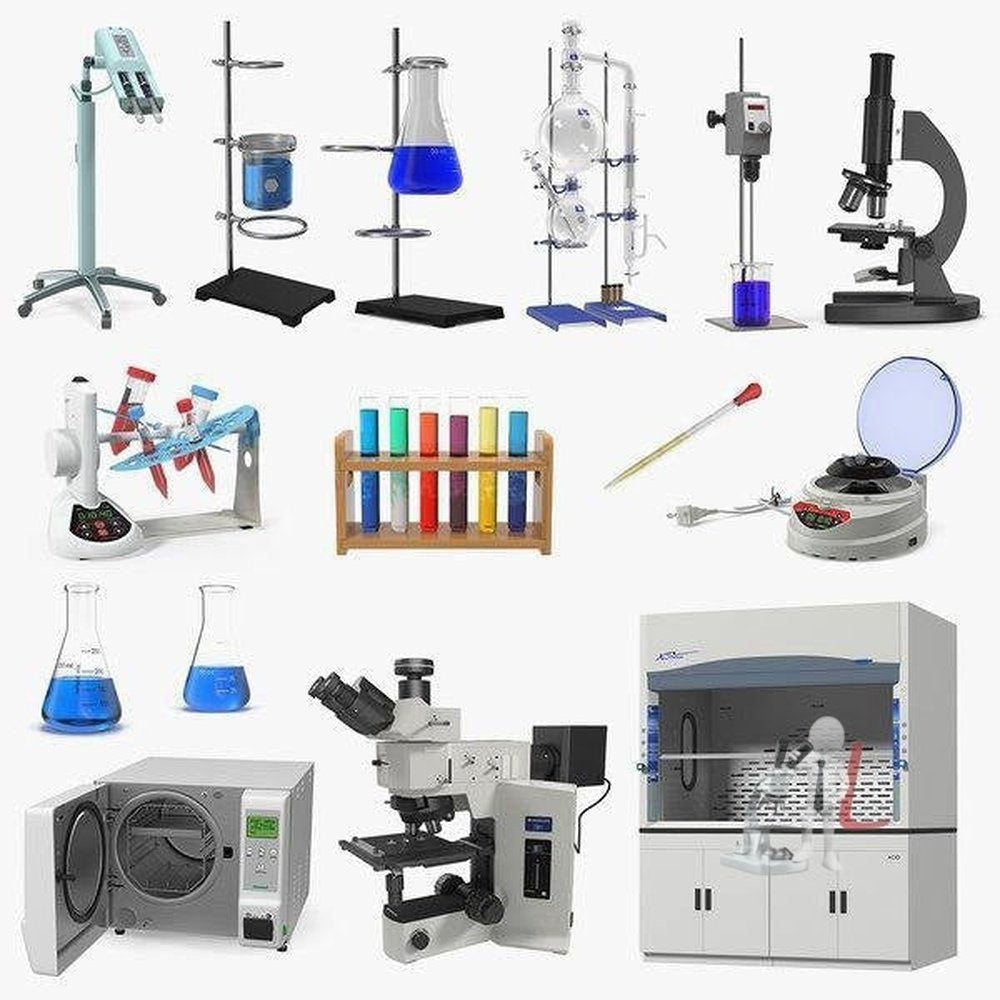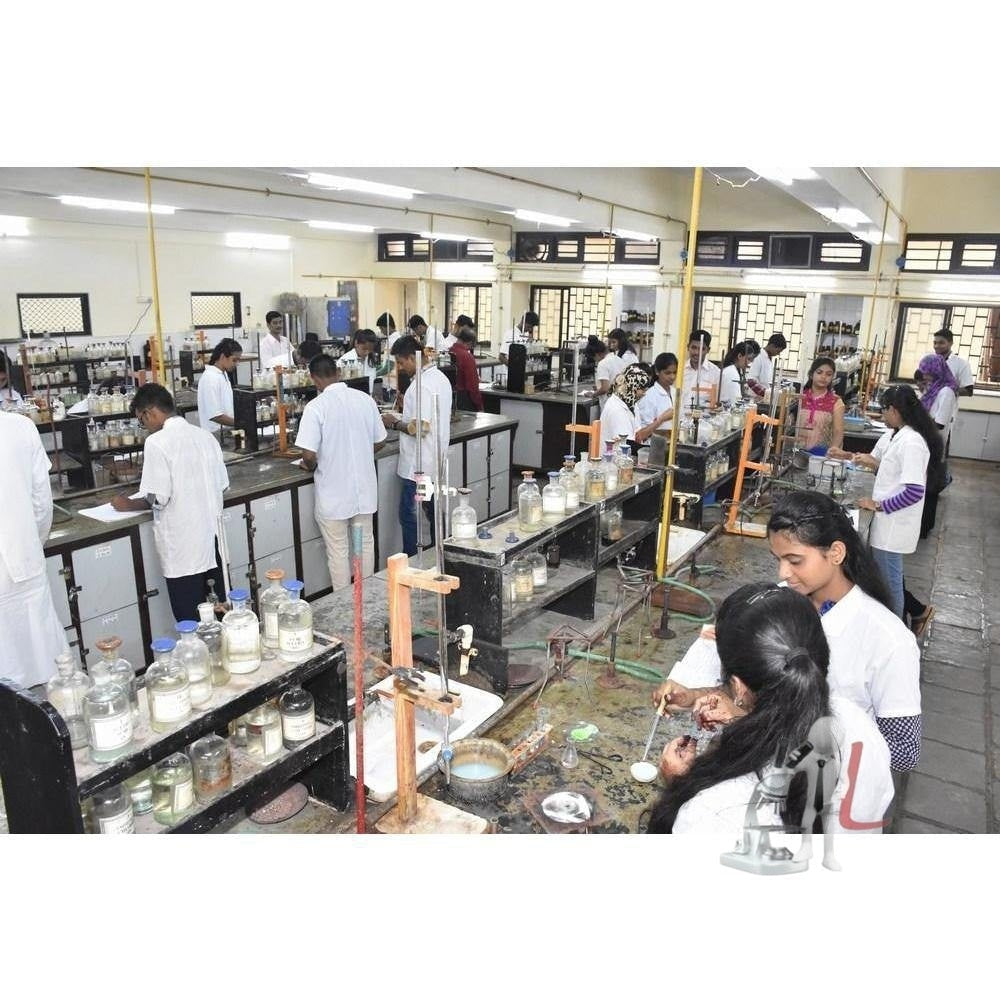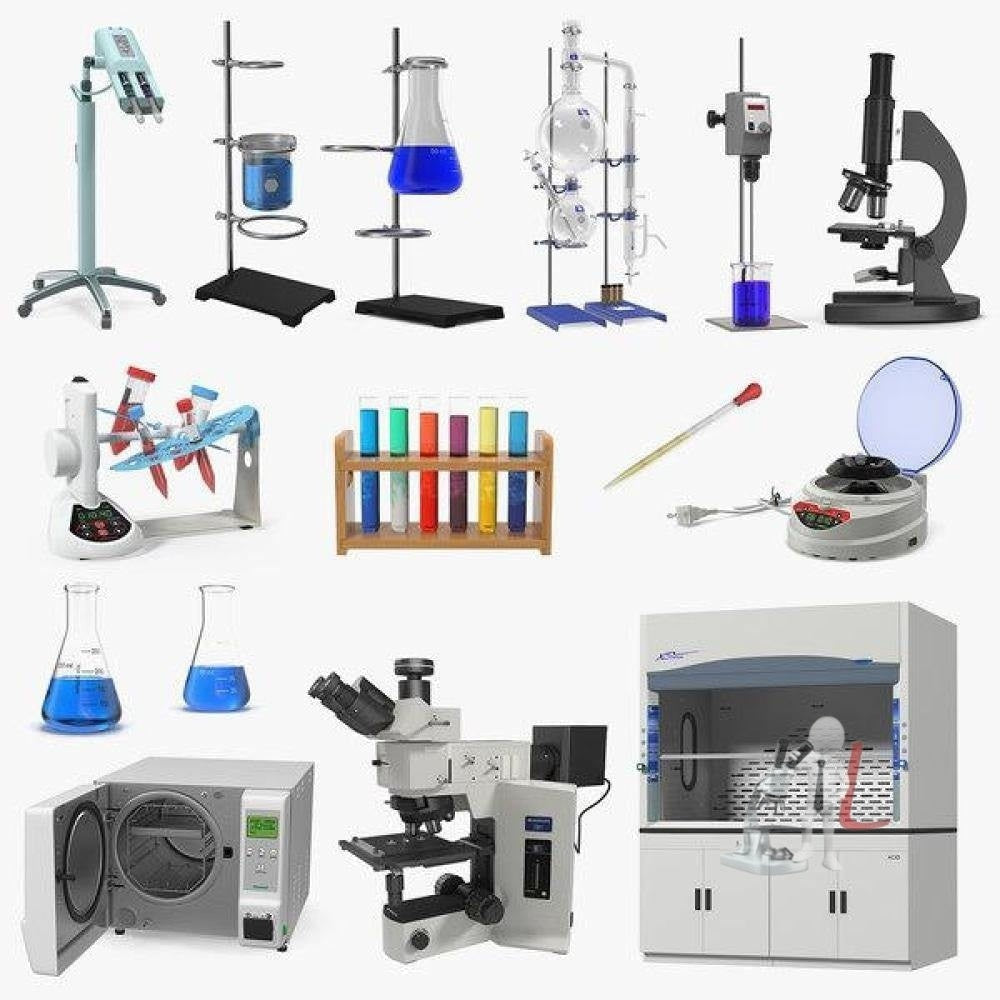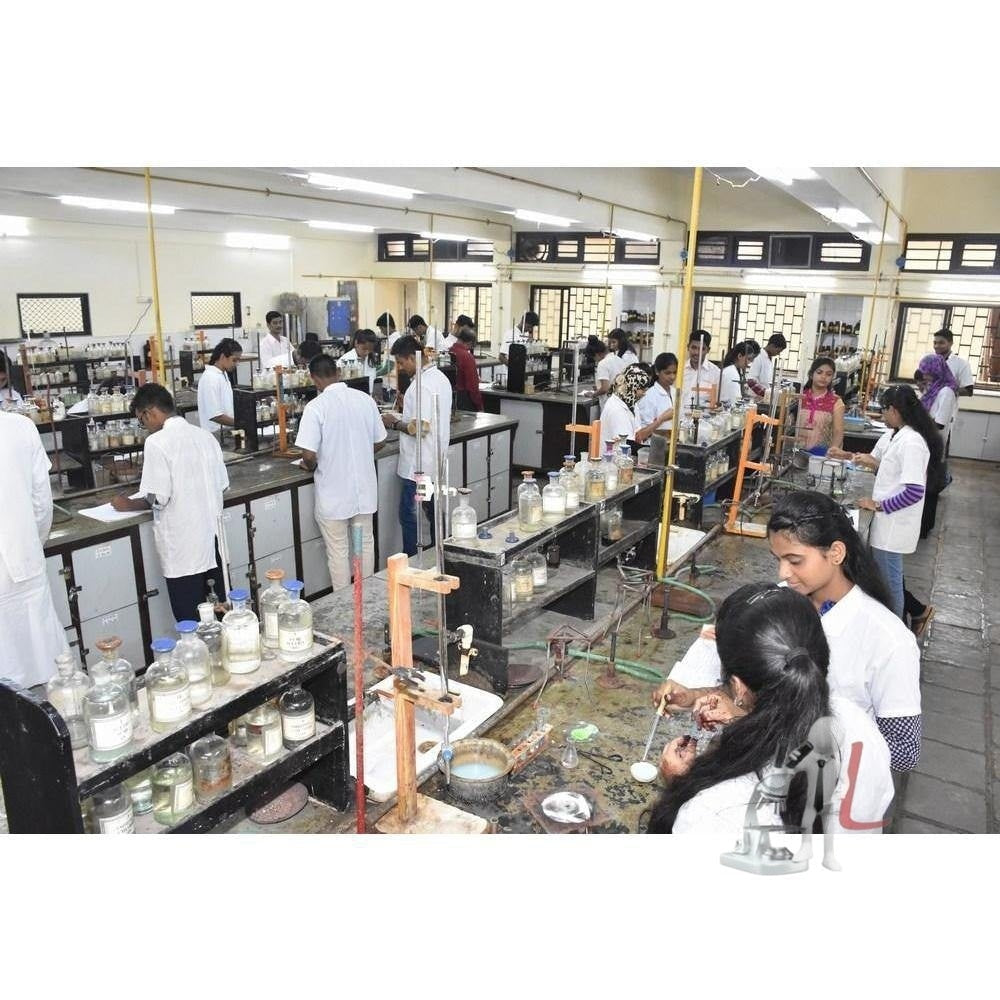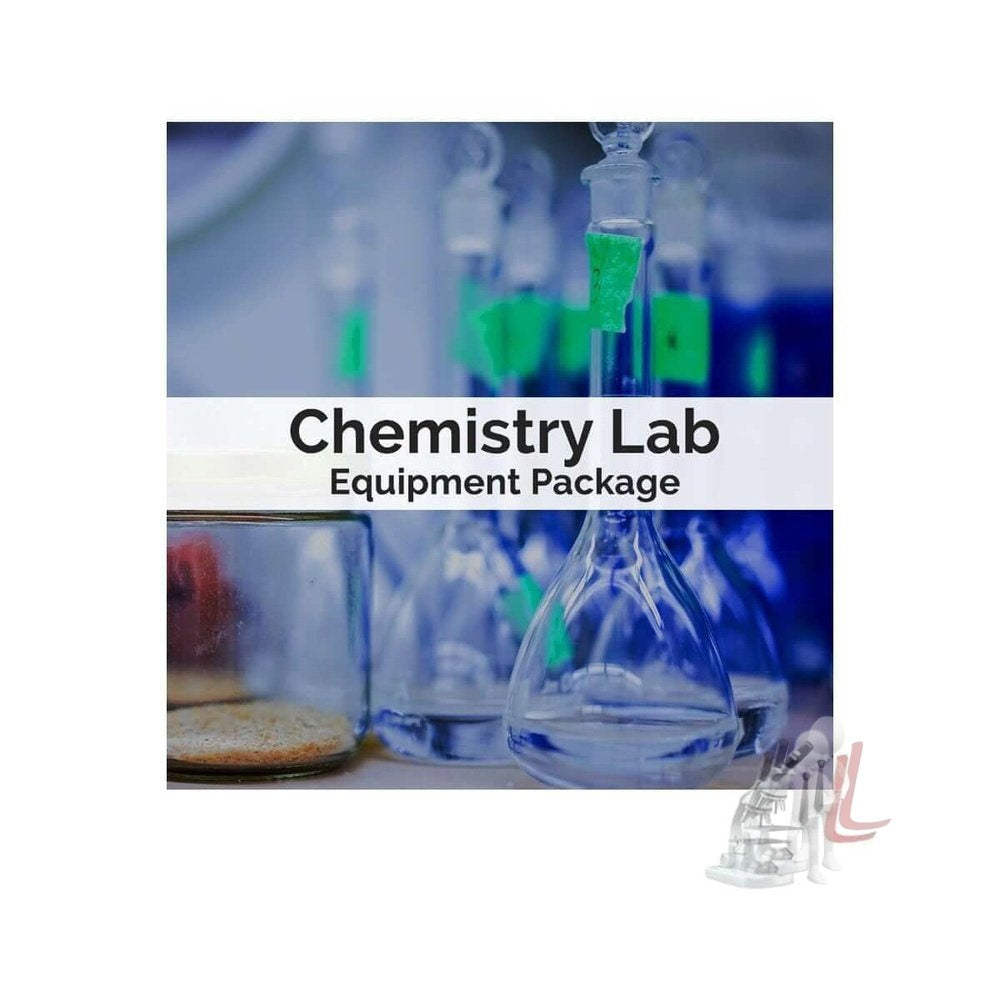Chemistry Lab Equipment: An Overview of Essential Tools
Chemistry Lab Equipment is vital in conducting experiments and research within a laboratory environment. It includes a variety of tools and instruments that facilitate precise measurements, reactions, and analysis in the field of chemistry. Understanding these essential pieces of apparatus is crucial for students, educators, and professionals engaging in chemical studies.
The foundation of any successful chemistry lab begins with the right lab equipment. From basic tools like beakers and pipettes to more advanced instruments such as spectrophotometers and chromatographs, chemistry lab equipment serves diverse functions tailored to various experiments. Mastery of this equipment allows chemists to manipulate chemical substances safely and effectively, thereby unlocking the secrets of molecular interactions.
Beakers are one of the most commonly used pieces of laboratory equipment. They are cylindrical vessels that come in various sizes and capacities, typically made from glass or durable plastic. Beakers are primarily used for mixing, stirring, and heating liquids, making them indispensable for various experimental procedures.
Pipettes are another essential piece of chemistry lab equipment, utilized for the precise transfer of small volumes of liquid. With multiple types - including volumetric, graduated, and micropipettes - each designed for specific tasks, they are fundamental for experiments demanding accuracy in measurements.
Flasks, such as Erlenmeyer and volumetric flasks, are designed for mixing and storing substances. Erlenmeyer flasks, with their conical shape, allow for easy swirling of solutions without risk of spillage. Volumetric flasks offer the precise measurement of liquid volumes and are typically used for preparing standard solutions.
Test tubes are quintessential laboratory equipment, used for holding, mixing, or heating small quantities of chemicals. Their transparent nature permits chemists to observe reactions clearly, making test tubes an essential tool in any chemical laboratory. Test tube racks are also important for storing and organizing test tubes, ensuring safety and efficiency in the lab.
Bunsen burners are essential for providing a controlled flame for heating substances. They allow chemists to conduct heating operations safely, whether for sterilizing equipment or carrying out chemical reactions requiring elevated temperatures. The flame’s intensity can be adjusted, providing the necessary heat levels needed for various experiments.
Safety equipment is equally critical in any chemistry lab. Safety goggles are fundamental to protect the eyes from splashes and harmful fumes, while lab coats and gloves are necessary for protecting the skin from hazardous materials. Fume hoods provide ventilation and help in managing exposure to toxic vapors during experiments.
Another vital component of chemistry lab equipment is balances and scales, which are essential for measuring the mass of substances accurately. Analytical balances are particularly precise and are used in experiments where minute measurements are crucial.
In addition to these tools, specialized equipment such as centrifuges, spectrophotometers, and gas chromatographs plays crucial roles in modern chemical analysis. Centrifuges separate mixtures based on density, whereas spectrophotometers analyze the intensity of light absorbed by substances, allowing for qualitative and quantitative assessments in analytical chemistry.
Gas chromatographs are utilized to separate and analyze compounds that can be vaporized without decomposition. This equipment is vital in many fields, including environmental monitoring and forensic science, providing insights into the chemical composition of various samples.
In conclusion, Chemistry Lab Equipment encompasses a wide array of tools and instruments essential for conducting experiments in the chemical sciences. Mastery of this equipment not only facilitates effective research but also enhances safety in laboratory practices. By understanding the function and importance of each piece of lab equipment, chemists can carry out experiments confidently and effectively, contributing to advances in scientific knowledge and applications.
The variety of chemistry lab equipment available today is a testament to the discipline's complexity and the ongoing pursuit of knowledge in the realm of chemistry. Whether you're a student embarking on your first experiments or a seasoned chemist looking to refine your techniques, familiarity with chemistry lab equipment is crucial for success in this ever-evolving field.
Filter
Sort by

